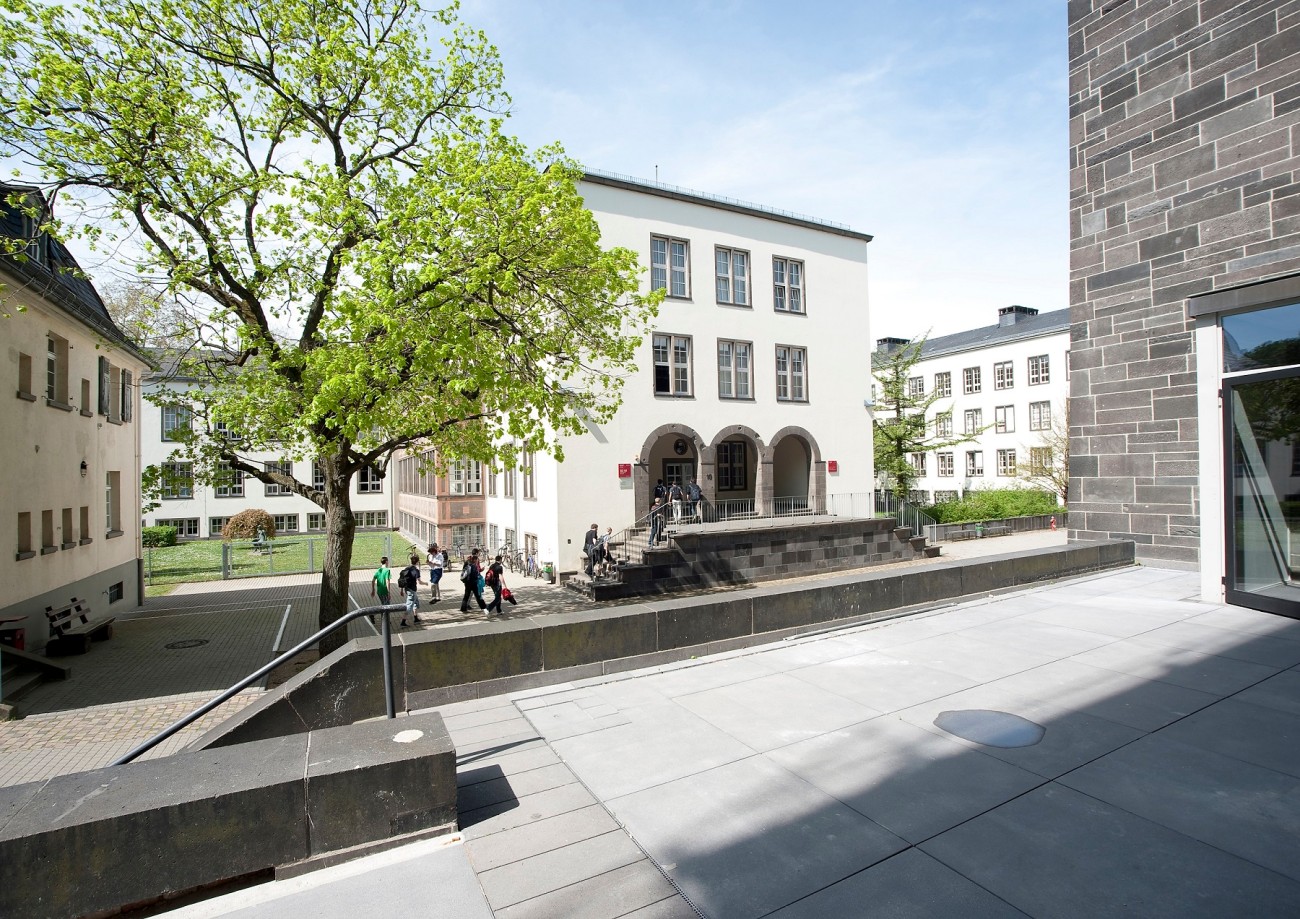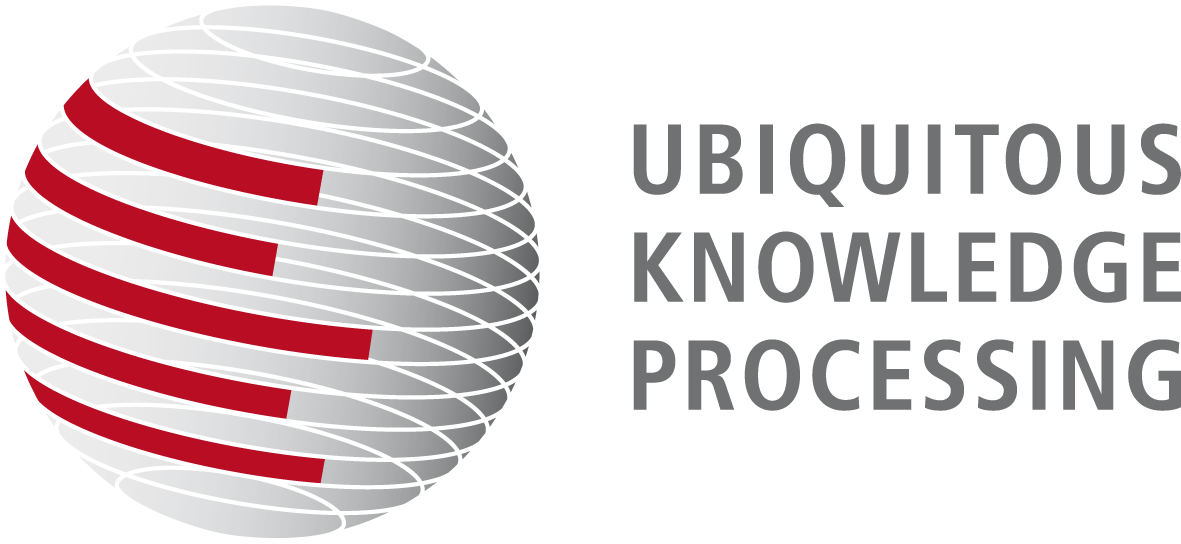Full-Time Research Assistant (PhD-level) in AI for problem- solving in expert domains
We are looking for a PhD student to work in language-based Human-AI collaboration in expert domains. The context of the project is creating new multi-turn datasets, novel approaches and evaluation protocols making use of experts' input, helping bridge the gaps and leading to a new generation of expert AI assistants. They should be able to efficiently engage in Human-AI collaboration in expert domains such as code generation, machine learning, data science, and software engineering. Current approaches to data generation and evaluation are limited because they are static, they do not accurately reflect the dynamic nature of Human-AI collaboration and they are flawed in various ways.
Background:
Current AI is a tool of limited utility in expert domains, rather than a suitable partner for collaborative problem-solving. [Dutta et al., 2024] provide an analysis of the main limitations of AI in collaborative environments, with a particular focus on code generation. Current AI, typically obtained through Reinforcement Learning from Human Feedback (RLHF) [Kaufmann et al., 2024], fails to correctly capture experts' preferences, including software requirements, coding and commenting style. They are also unsuited to capture the way these preferences are expressed, such as natural language comments, binary choices and rankings. Finally, the stochastic nature of AI models makes it complex to balance the “creativity” of their proposed code with objective correctness, resulting in hallucination, bias and repetitive generation Aithal et al., 2024.
Dutta et al. 2024 propose a novel view of Human-AI collaboration, envisioning a framework where humans and AI collaboratively work on code generation, machine learning and software engineering. In this context, experts and AI are partners navigating the space of possible solutions (software artefacts), through multiple levels of abstraction and explicit preference tracking. The creation of novel datasets and evaluation pipelines constitutes a major challenge to be addressed and one of the first building blocks towards the creation of the next-generation expert AI.
Position: Full-Time Research Assistant (i.e., doctoral candidate or PhD student)
Location: Department of Computer Science, Technical University of Darmstadt
Responsibilities:
As a PhD student in this project, you will conduct cutting-edge research in NLP, with a focus on AI systems collaborating with experts. Example topics include:
- Human-AI data sourcing in expert systems
- Novel evaluation pipelines for NLP systems making use of domain experts’ input
- Efficient tracking of dynamic and multimodal experts' preferences in AI models
Ecosystem: you will collaborate with a diverse team of NLP, ML and HCI researchers from the TU Darmstadt, the Ludwig-Maximilians-University Munich and other partner institutions.
Team: Dr. Simone Balloccu will join TU Darmstadt this fall as a junior lab leader, managing a new independent research group focusing on AI for problem-solving in expert domains, including code generation for data science, machine learning and software engineering. The newly established research group will closely collaborate with the research lab led by Prof. Iryna Gurevych embedded in the above ecosystem and closely working together with international partners such as MBZUAI in UAE and INSAIT in Sofia.
Qualifications
- An outstanding Master’s degree in Computer Science, Data Science, AI, NLP, or a related field.
- Strong programming skills in Python or other relevant languages.
- Experience with commonly used deep learning/NLP frameworks (e.g. TensorFlow, HF Transformer etc.)
- Excellent problem-solving abilities and a passion for research.
- Strong communication skills and the ability to work effectively in a collaborative environment.
Previous experience in NLP research, human evaluation of AI/NLP systems or collaboration with domain experts is a plus but not required.
What We Offer
- An exciting opportunity to contribute to impactful research that will shape the future of Human-AI collaboration.
- A supportive and collaborative research environment.
- Opportunities for professional development and growth.
How to Apply: If you feel like you're a good fit for the position, please submit the following documents:
- Detailed CV
- Master’s degree certificates and the Bachelor's and Master's study transcripts
- Cover letter outlining your motivation and relevant experience
- Contact information for at least two academic or professional references
Application deadline:October 30, 2024. After that, the position will remain open until filled. We will consider applications as soon as they are submitted.
Please send your application to Simone Balloccu <balloccu.simone@gmail.com>. Applications are open from the publication of this ad and will remain open until filled. We will consider applications as soon as they are submitted.
References
- [Dutta et al., 2024] – Subhabrata Dutta and Timo Kaufmann and Goran Glavaš and Ivan Habernal and Kristian Kersting and Frauke Kreuter and Mira Mezini and Iryna Gurevych and Eyke Hüllermeier and Hinrich Schuetze, “Problem Solving Through Human-AI Preference-Based Cooperation”
- [Kaufmann et al., 2024] – Timo Kaufmann, Paul Weng, Viktor Bengs, and Eyke Hüllermeier, “A Survey of Reinforcement Learning from Human Feedback”
- [Aithal et al., 2024] – Sumukh K Aithal, Pratyush Maini, Zachary C. Lipton, and J. Zico Kolter, “Understanding Hallucinations in Diffusion Models through Mode Interpolation”



